 A professor at Sunchon National University has resigned from a prominent government position in South Korea after facing heavy criticism for being a co-author of a fraudulent stem cell paper.
A professor at Sunchon National University has resigned from a prominent government position in South Korea after facing heavy criticism for being a co-author of a fraudulent stem cell paper.
Earlier this week, President Moon Jae-in appointed Park Ky-young to run a newly created Science, Technology and Innovation Office at the Ministry of Science and ICT. Critics quickly cried foul, noting that Park co-authored one of the stem cell papers by Woo-Suk Hwang, which made headlines 10 years ago after an investigation revealed the supposedly groundbreaking research had been fabricated.
According to the Korea Herald, Park’s position would have given her a say over the country’s R&D budget, worth 20 trillion won ($17 billion USD) in the science sector. The appointment does not require approval from parliament.
Today, Park agreed to step down. In a written statement, she said:
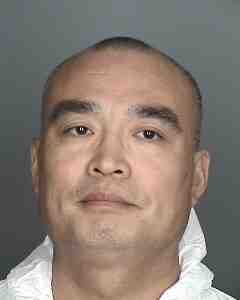

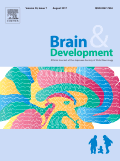 Publishing giant Elsevier has retracted an entire issue of one of its journals because the contents — abstracts from a conference about child neurology — were never supposed to make it online.
Publishing giant Elsevier has retracted an entire issue of one of its journals because the contents — abstracts from a conference about child neurology — were never supposed to make it online.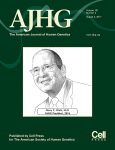 The father of a boy with a rare genetic mutation has accused a scientist of exploiting his child by proclaiming the defect a “genetic syndrome” and naming it after herself.
The father of a boy with a rare genetic mutation has accused a scientist of exploiting his child by proclaiming the defect a “genetic syndrome” and naming it after herself.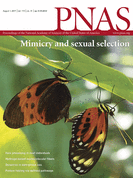 A once-prominent researcher in the field of infectious disease — who was found
A once-prominent researcher in the field of infectious disease — who was found 
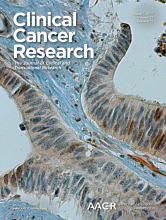

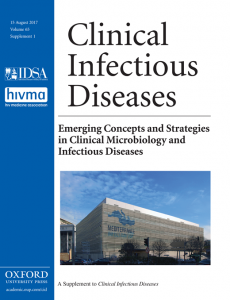 Post-publication peer review isn’t just for scientists. Newspaper reporters can help correct the scientific record, too.
Post-publication peer review isn’t just for scientists. Newspaper reporters can help correct the scientific record, too.